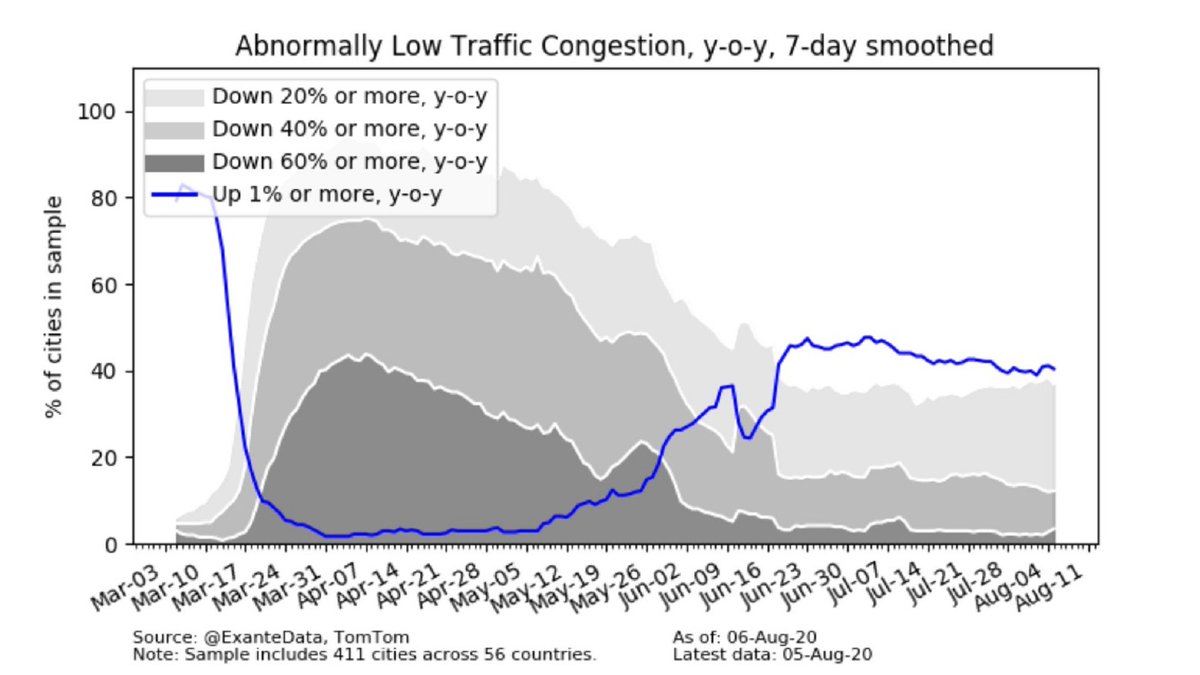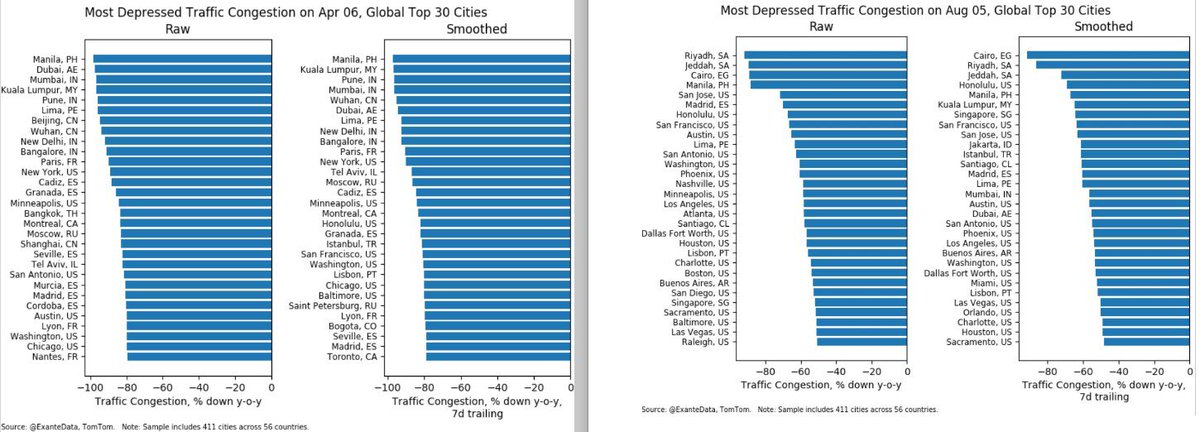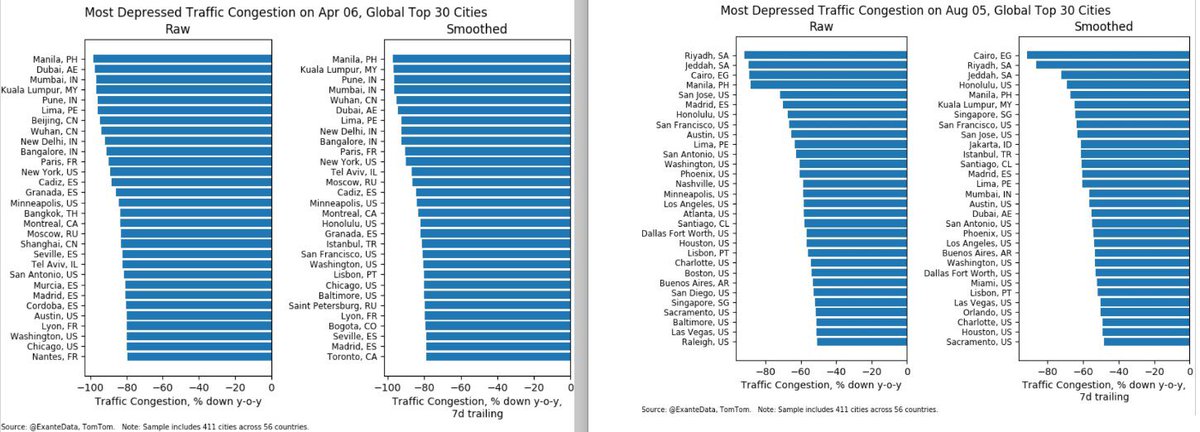
(1/4) Update re #ECB Q-end balance sheet released today. Confirms adjustments to asset holdings which distorted the flow of asset purchases published Monday. *Applying these corrections shows PEPP purchases during wk ended 2 Oct were EUR13.1BN & total asset purchases EUR20.6BN*.
https://twitter.com/ExanteData/status/1313130088062496768
(2/4) This still represents a softening in the pace of net asset purchases from EUR29.5BN the previous week and the lowest for 4 weeks, but redemptions of EUR8BN across all programs during the week also weighed on the flow. Updated chart below: 

(3/4) Eurosystem bank reserves/deposits increased EUR247BN during the week, driven by net EUR157BN increase in PETLTRO claims, EUR77BN reduction in gov deposits, & EUR12BN addition of liquidity due to asset purchases (adjusted.)
(4/4) This was 3rd largest weekly increase in bank deposits on record, after late-Jun PETLTRO and March 2021 LTRO under Draghi. Total deposits now exceeded EUR3.3TN. @bundesbank balance sheet released tomorrow.
• • •
Missing some Tweet in this thread? You can try to
force a refresh










